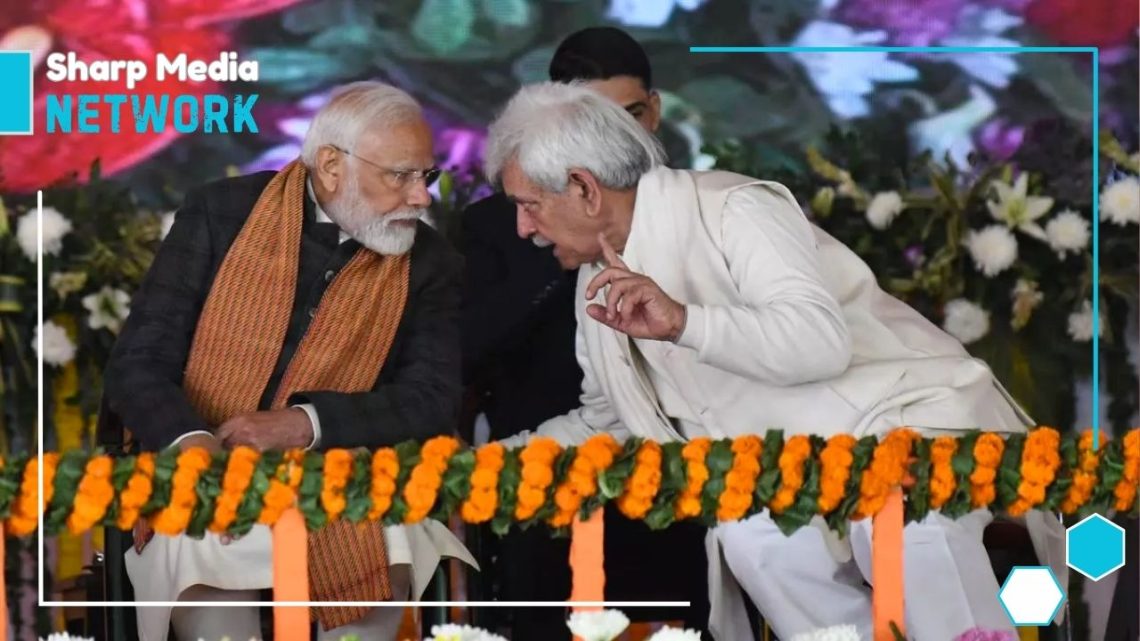
Disfranchisement Through Democracy: The Shift of Power from IIOJK Assembly to the Lt. Governor
January 23, 2025The recent amendments to the IIOJK Reorganization Act have shifted governance in IIOJK, with the Lieutenant Governor holding unprecedented power, sidelining the elected government and diminishing Kashmiris’ voices in the political process.
In July 2024, a significant change took place in the governance structure of Indian Illegally Occupied Jammu and Kashmir (IIOJK) when the Indian President approved a proposal to further empower the Lieutenant Governor (LG). This move is seen by many as a direct challenge to democracy, undermining the authority of the state assembly and the Chief Minister. While the amendment granted the LG vast powers, it simultaneously reduced the role of the elected government, turning the Chief Minister’s position into a largely ceremonial one.
The roots of this power shift can be traced back to the IIOJK Reorganization Act, 2019, which had already diminished the autonomy of the region by stripping IIOJK of its special status and statehood. With the recent changes, the LG has been granted executive powers, overseeing key administrative decisions, law enforcement, and land policies. These changes have sparked concerns about the growing centralization of power, with the LG now controlling critical areas like security, governance, and the implementation of central laws—often bypassing the state government entirely.
Critics argue that this effectively renders the Chief Minister powerless, as the LG holds overriding authority in matters of governance and law and order. In essence, the people of IIOJK, who once had an elected government to voice their concerns, now find themselves under the control of a non-elected figure with broad, sweeping powers. This shift has drawn comparisons to a rubber stamp assembly, with no real autonomy or influence on the ground.
The political context surrounding these changes is also crucial. Despite efforts to gerrymander elections in IIOJK, the Bharatiya Janata Party (BJP) was unable to secure the desired outcome in the polls. To safeguard its interests and ensure that power remained firmly in its hands, the BJP further empowered the LG, ensuring that the true decision-making remained centralized. This move has been widely perceived as an undemocratic step against the region’s political rights and an attempt to suppress the people’s will.
The amendment to the IIOJK Reorganization Act has raised alarm among those who see it as a direct attack on the constitutional rights of the Kashmiri people. By granting the LG powers traditionally reserved for elected officials, the central government has not only diminished the effectiveness of local governance but has also ignored the wishes of the people, who have consistently called for the restoration of statehood.
The centralization of power in the hands of the LG is being viewed as an attempt to silence the political voice of IIOJK’s people. Critics of the move argue that it is not only a step backward for democracy but also an infringement on the region’s autonomy and political rights. There is an urgent need to address these power imbalances and restore a more representative and accountable form of governance in IIOJK—one that recognizes the will and rights of the people.

